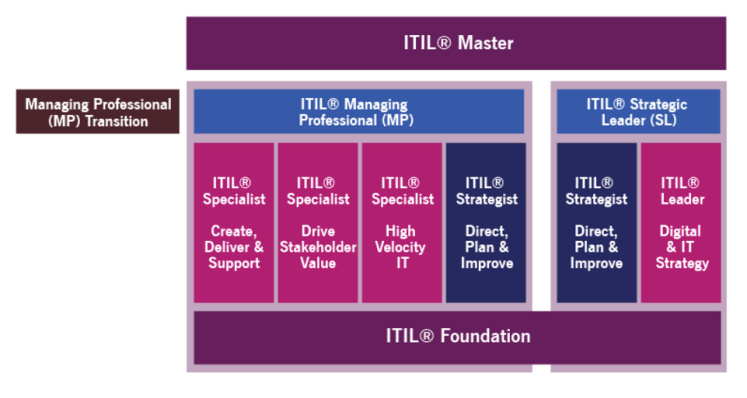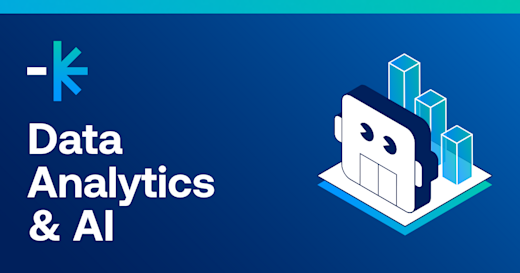Part one: What’s new in ITIL® 4?
Until 18th February 2019, when the ITIL 4 Foundation book is released to the public, instructors and professionals who have been involved in the update of ITIL 4, have signed a Non-Disclosure Agreement with Axelos and cannot release information that has not already been released by Axelos. However, the following public information may help bring some more clarity as to what is new in ITIL 4.
The difference between ITIL v3 and ITIL 4:
The outline of the Foundation course gives you some indication of what is NEW and what is the same.
Service Management: Key Concepts Value and Value Co-Creation – NEW Value: Service, Products, and Resources Service Relationships Value: Outcomes, Costs, and Risks
The Guiding Principles – NEW The Seven Guiding Principles – NEW Applying the Guiding Principles – NEW
The Four Dimensions of Service Management – NEW Organisations and People – NEW Information and Technology – NEW Partners and Suppliers – NEW Value Streams and Processes – NEW
External Factors and Pestle Model – NEW
Service Value System – NEW Overview of Service Value System – NEW Overview of the Service Value Chain – NEW
Continual Improvement Introduction to Continual Improvement The Continual Improvement Model Relationship between Continual Improvement and Guiding Principles – NEW
Overview of ITIL Practices (rather than processes) – NEW Purpose of ITIL Practices – NEW The Continual Improvement Practice The Change Control Practice The Incident Management Practice The Problem Management Practice The Service Request Management Practice The Service Desk Practice
What has changed in the library? The certification designations give an indication of how the new library will look. See the new ITIL 4 Certification information on our web site. At this stage, this is all the information Axelos has released to training providers.
Part two: Assessment guide – Does your organisation need ITIL 4?
If you answer yes to any or most of these questions, then you are certainly operating a digital organisation and you need ITIL 4.
Do your customers interact with you electronically?
Have you adopted cloud services?
Have you subscribed to Anything as a Service (IaaS, PaaS, etc)?
Do you want to better leverage the data you hold in your organisation?
Is there any group in your organisation using Agile anything?
Do you have software developers in-house?
Case studies and additional information
Keep in mind that the ITIL 4 framework is brand new and is not specifically mentioned in existing white papers and case studies. However, wherever you see the word “governance” in these papers, it’s important to remember that ITIL is the framework we have been using and evolving for over 30 years to help us enable and satisfy governance.
ITIL 4 retains all the learnings of the past 30 years, including processes we are very familiar with, such as Incident Management and Release Management (for example), but adapts these to current practices, such as Agile, Lean and DevOps.
You will find supporting information in the papers below provided by Axelos:
Start the story with the 2017 ITSM benchmarking report (already mentions new trends that are now included in ITIL 4, i.e. Lean, Agile and DevOps). This requires login to free subscription to Axelos portal.
Getting the basics right before you buy in the “bots” news story
Mercantil Bank Case Study
Equinor Case Study
Part three: Examples of Digital Transformation from other organisations
ITIL 4 is not a new version; it is called ITIL 4 in reference to the 4th Industrial Revolution – The Digital Revolution, that leverages from the building blocks from the 3rd Revolution – The Technological Revolution. Axelos considers ITIL 4 a new generation framework.
Here are some other articles that may help you put ITIL 4 in the context of the Digital Transformation that many organisations have already embraced. This is the best article if you have the patience to read it all:
World Economic Forum White Paper, Digital Transformation of Industries
Additional articles that may be of some value:
Digital Transformation Roadmap with Microsoft 365
Digital Transformation in Government
Driving Intelligent Enterprise Through Digital Transformation






